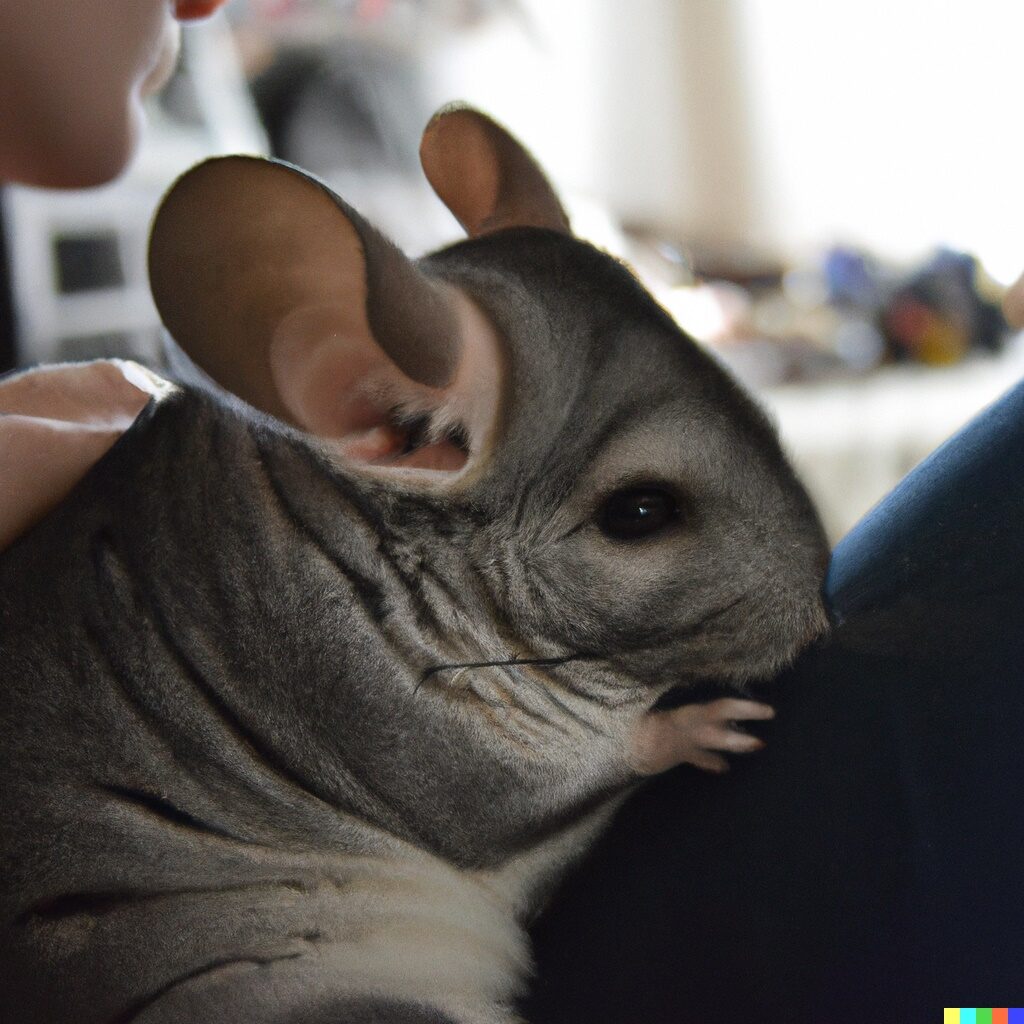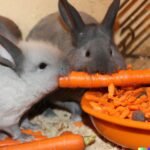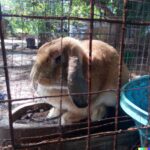If you’re looking for an adorable, fluffy, and low-maintenance pet, chinchillas might just be the perfect fit for you. These cute rodents are known for their soft and dense fur, playful personalities, and relatively easy-to-maintain needs. However, before you decide to bring a chinchilla home, it’s essential to know everything about their care requirements, temperament, and diet. In this comprehensive guide, we’ll cover everything you need to know about chinchillas as pets.
Chinchillas are adorable rodents that have become increasingly popular as pets in recent years. Originally from the Andes Mountains in South America, chinchillas have been bred in captivity for over a century. In the wild, chinchillas are known for their agile and social behavior. They live in groups and communicate with a range of sounds and body language. As pets, chinchillas are known for their gentle and playful personalities, but they also require specific care and attention to thrive.
History of Chinchillas as Pets
Chinchillas were first brought to the United States in the early 1900s for their fur, which was highly valued in the fashion industry. After the demand for chinchilla fur decreased, people began to breed chinchillas as pets. Since then, chinchillas have become popular pets all over the world. Today, chinchillas are bred in captivity and can be found in a range of colors, including grey, beige, white, and black.
Types of Chinchillas
There are two types of chinchillas: the long-tailed chinchilla and the short-tailed chinchilla. The long-tailed chinchilla is the most common type and is the species that is bred in captivity. The short-tailed chinchilla is a wild species that is rarely kept as a pet. Within the long-tailed chinchilla species, there are a few different color variations, including standard grey, beige, white, and black velvet.
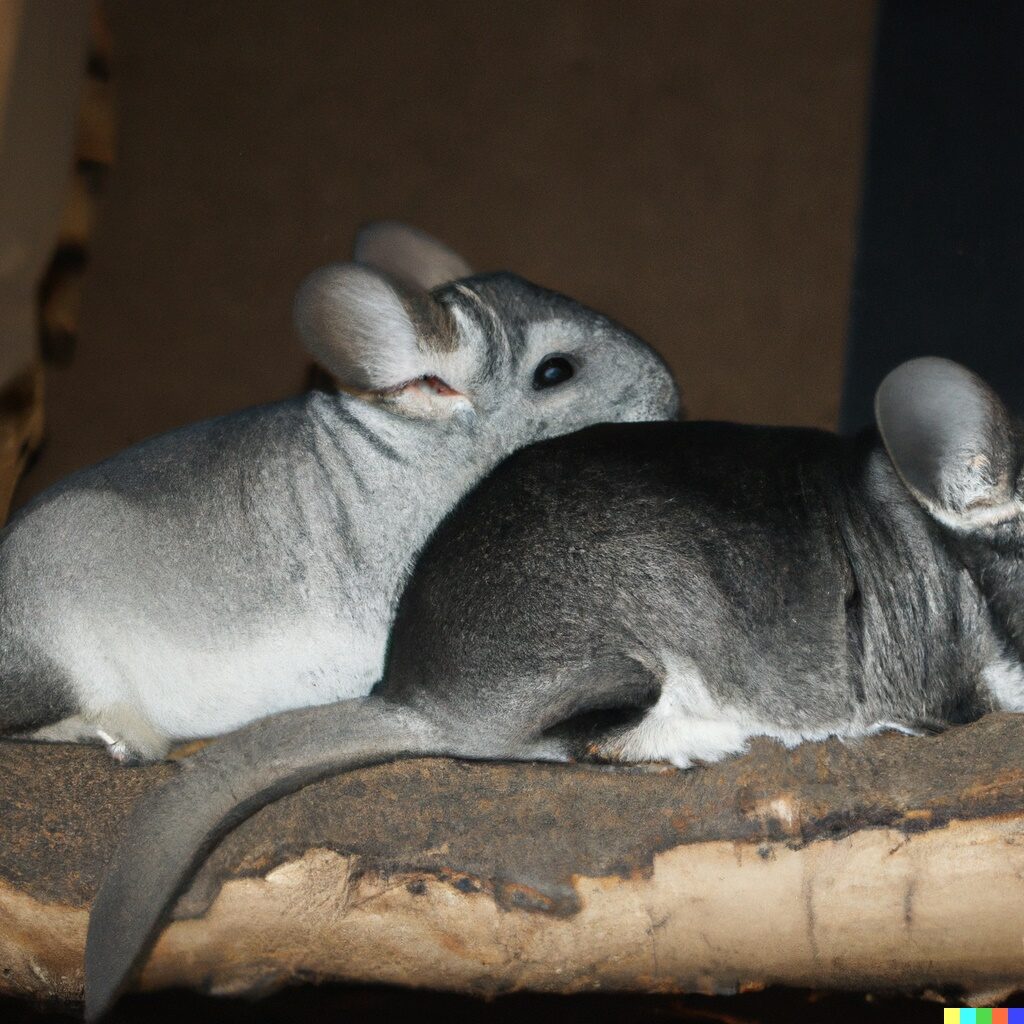
Pros and Cons of Owning a Chinchilla
Before deciding to bring a chinchilla home, it’s essential to consider the pros and cons of owning one. Some of the pros of owning a chinchilla include their soft and dense fur, playful personalities, and relatively low-maintenance needs. However, chinchillas also require specific care and attention, and they can be sensitive to changes in their environment. Additionally, chinchchillas have a relatively long lifespan, with some living up to 20 years, so they require a long-term commitment. Chinchillas are also nocturnal animals, which means they are most active at night, and their energetic behavior may disturb your sleep if they are kept in your bedroom. Finally, chinchillas may not be suitable for households with young children, as they require gentle handling and can be easily injured if mishandled.
Housing Requirements for Chinchillas
a. Chinchillas require a large, cage that is at least two feet wide, two feet deep and two feet tall.
b. The cage should be made of either metal or plastic, with a solid floor and plenty of ventilation.
c. The chinchilla should have plenty of space to move around, including at least one or two shelves and a few perches.
d. Chinchillas prefer to sleep in a dark, quiet place, so make sure the cage is covered with a thick blanket or towel.
e. The cage should be lined with a soft bedding material such as shredded paper, aspen shavings, or wood pulp. Avoid cedar and pine shavings, as these contain aromatic oils that can be toxic to chinchillas.
f. Chinchillas should also have a nesting box filled with hay or soft bedding material.
g. The cage should also include a variety of toys and chew items such as wood blocks, cardboard tubes, and chinchilla wheels.
h. Chinchillas need to live in a temperature controlled environment, between 65-75°F (18-24°C).
i. The cage should be kept clean by changing the bedding material and cleaning the cage with a mild soap at least once a week.
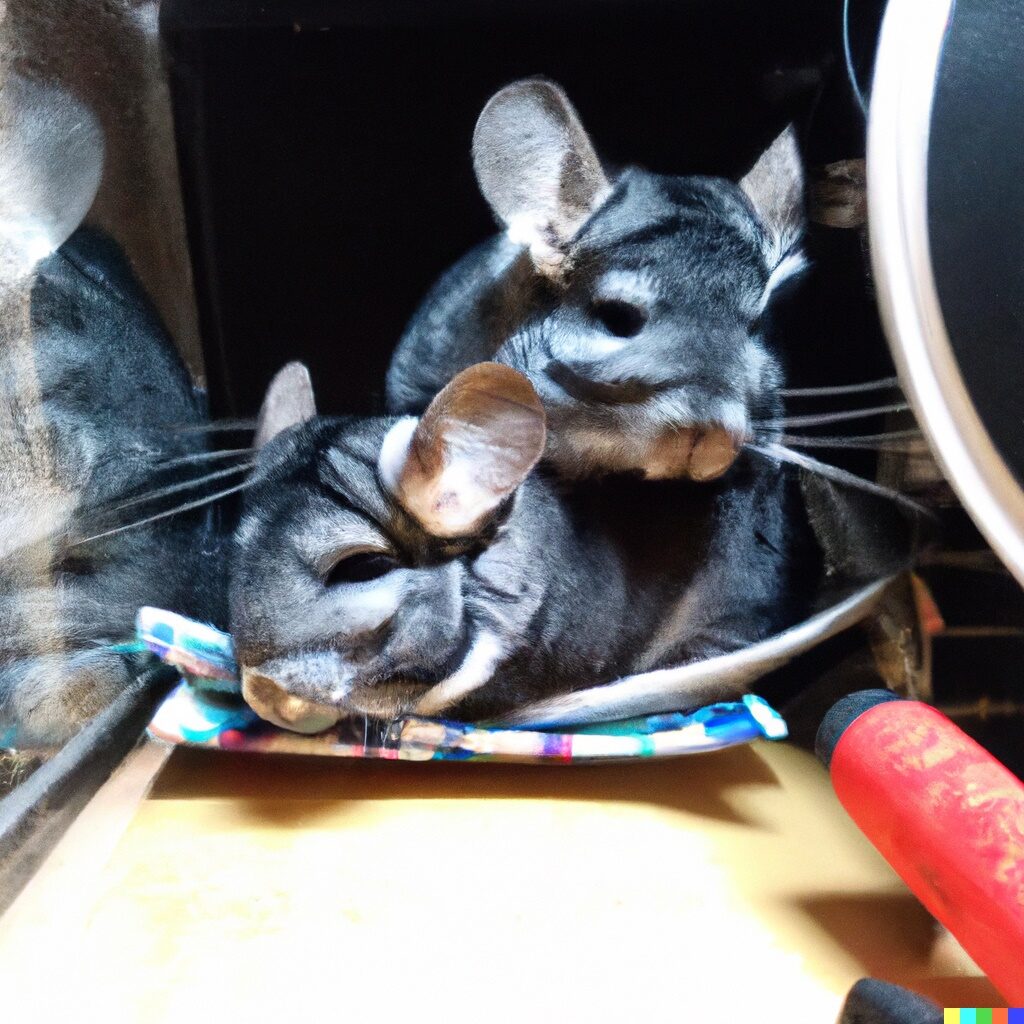
Diet and Nutrition for Chinchillas
Chinchillas diet should consist of hay, which provides essential nutrients and helps wear down their constantly growing teeth. Fresh water should also be available at all times, either in a bowl or a water bottle. Pellets formulated specifically for chinchillas can also be provided, but they should be fed in moderation as they can be high in calories. Treats, such as raisins or dried fruit, should only be given sparingly as they can cause digestive issues if consumed in large amounts.
Exercise and Playtime for Chinchillas
Chinchillas are active animals and require plenty of exercise and playtime outside of their cage. A chinchilla-safe room or playpen can be set up for them to run, jump, and play in. Chinchillas also enjoy toys such as wooden blocks, tunnels, and chew sticks. It’s important to supervise your chinchilla during playtime to ensure their safety and prevent them from chewing on anything dangerous.
Grooming and Hygiene for Chinchillas
Chinchillas have a dense fur coat that requires regular grooming to prevent matting and overheating. They can be given dust baths, which involve rolling in a container of special chinchilla dust to absorb excess oil and moisture from their fur. A clean and dry environment is essential for their health, and their cage should be cleaned at least once a week, with soiled bedding removed daily.
Common Health Issues and Care for Chinchillas
Chinchillas are generally healthy animals, but they are susceptible to some health issues. Dental problems are common, as their teeth are constantly growing and can become overgrown if not worn down properly. Eye infections, respiratory infections, and digestive issues can also occur. Regular veterinary check-ups and a healthy diet and environment can help prevent these issues.
Conclusion
Chinchillas can make wonderful and entertaining pets for the right owner. They require specific housing, diet, exercise, and grooming needs, and a commitment to their long lifespan. By providing proper care, attention, and love, you can enjoy many happy years with your chinchilla companion.
FAQs on Chinchillas as pets.
Can chinchillas be kept in pairs?
Yes, chinchillas can be kept in pairs as they are social animals, but introductions should be done slowly and carefully.
Can chinchillas be litter trained?
Yes, chinchillas can be litter trained with patience and consistency.
How often should chinchillas be given dust baths?
Chinchillas should be given dust baths 2-3 times a week to maintain their fur’s health and cleanliness.
Can chinchillas be left alone for long periods?
Chinchillas should not be left alone for more than a day or two, and it’s important to arrange for someone to check on them and provide food and water while you are away.
Are chinchillas noisy pets?
Chinchillas are generally quiet pets, but they can make some noise during the night when they are most active.
